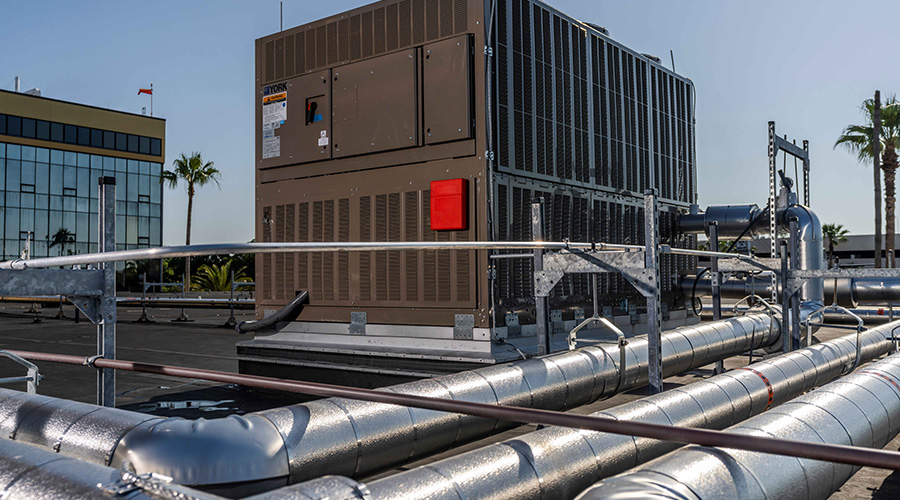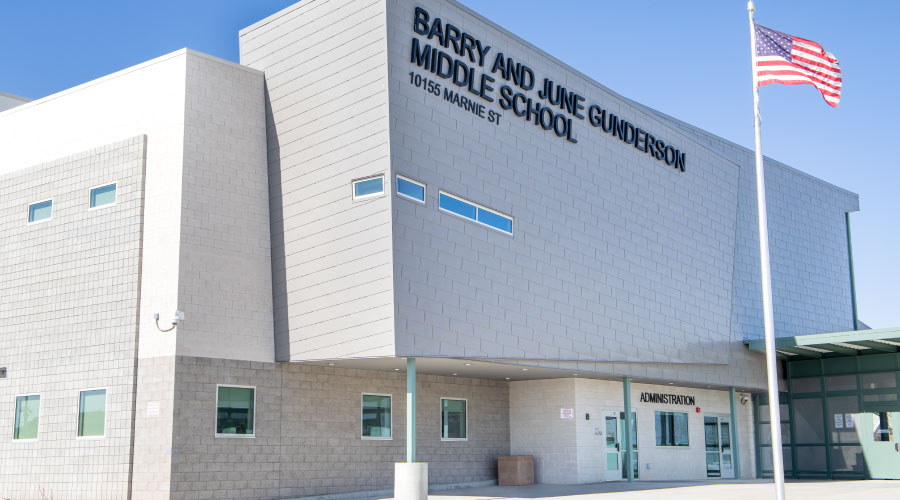 Deciding whether to repair or replace a boiler begins with understanding the unit’s condition, so technicians should carefully inspect the equipment.
Deciding whether to repair or replace a boiler begins with understanding the unit’s condition, so technicians should carefully inspect the equipment.Boiler Replacement: The Tipping Point
What should managers consider when deciding whether to repair or replace a boiler?
With all this information for managers to consider, when is it time to replace a boiler? Consider two real-world scenarios.
Scenario 1. The boiler is more than 30 years old, the local boiler mechanic visits so often he has a permanent parking spot at the facility, and it is 28 degrees outside. It is amazing the number of institutions that do not have enough money for routine maintenance, but when the boiler dies, they find a way to buy a new one. Many organizations do not have the luxury of being liquid enough to purchase a boiler whenever it ceases to function. Either the managers applies another Band-Aid, or the organization has to cut other programs to fund the replacement boiler.
Scenario 2. The manager has kept detailed cost data on maintenance and repairs. During this year’s annual inspection, the technician determines that four more tubes need to be plugged and a tube sheet is warped. About one-quarter of the tubes now are plugged. The boiler mechanic is more than willing to replace all the tubes and tube sheets for a fee that is about one-third to one-half the cost of a replacement boiler. This is where all of the preceding comes into play.
If it is one of three boilers at the local high school, maybe the manager can get another two or three years out of it so the school board can replace it in a somewhat planned manner. But then at a school board meeting, a parent decides that he knows about boilers and suggests the plugged boiler will operate inefficiently and that it should be replaced as soon as possible.
This is where the manager’s records come into play. Burner combustion tests show that the burner is in good working order and the remaining tubes are soot-free and do not show any noticeable degradation. The manager suggests the boiler be placed on standby unless it is needed. Will the boiler make its rated capacity? No, but it will keep the facility operational.
Now change this second scenario to an industrial facility with only one boiler instead of a school with three boilers. The cost of the replacement boiler, its energy efficiency, and operational costs could be moot compared to the lost revenue associated with the plant shutting down. Does the manager roll the dice, plug it and plan on replacing it during the next quarter’s scheduled outing? Does the manager rent a temporary boiler and start an immediate replacement? The result is frustrating and presents more questions than answers.
When it comes time to inform decision-makers about replacing a boiler, it is essential to have solid information to make a strong case. Detailed maintenance records, including combustion tests, along with normalized operational data and an understanding of the consequences, if any, of an unexpected boiler failure are essential in explaining the pros and cons of replacement.
Mark A. Pontz, P.E., is mechanical department head with Smith Seckman Reid — www.ssr-inc.com — in Houston.
Related Topics:














